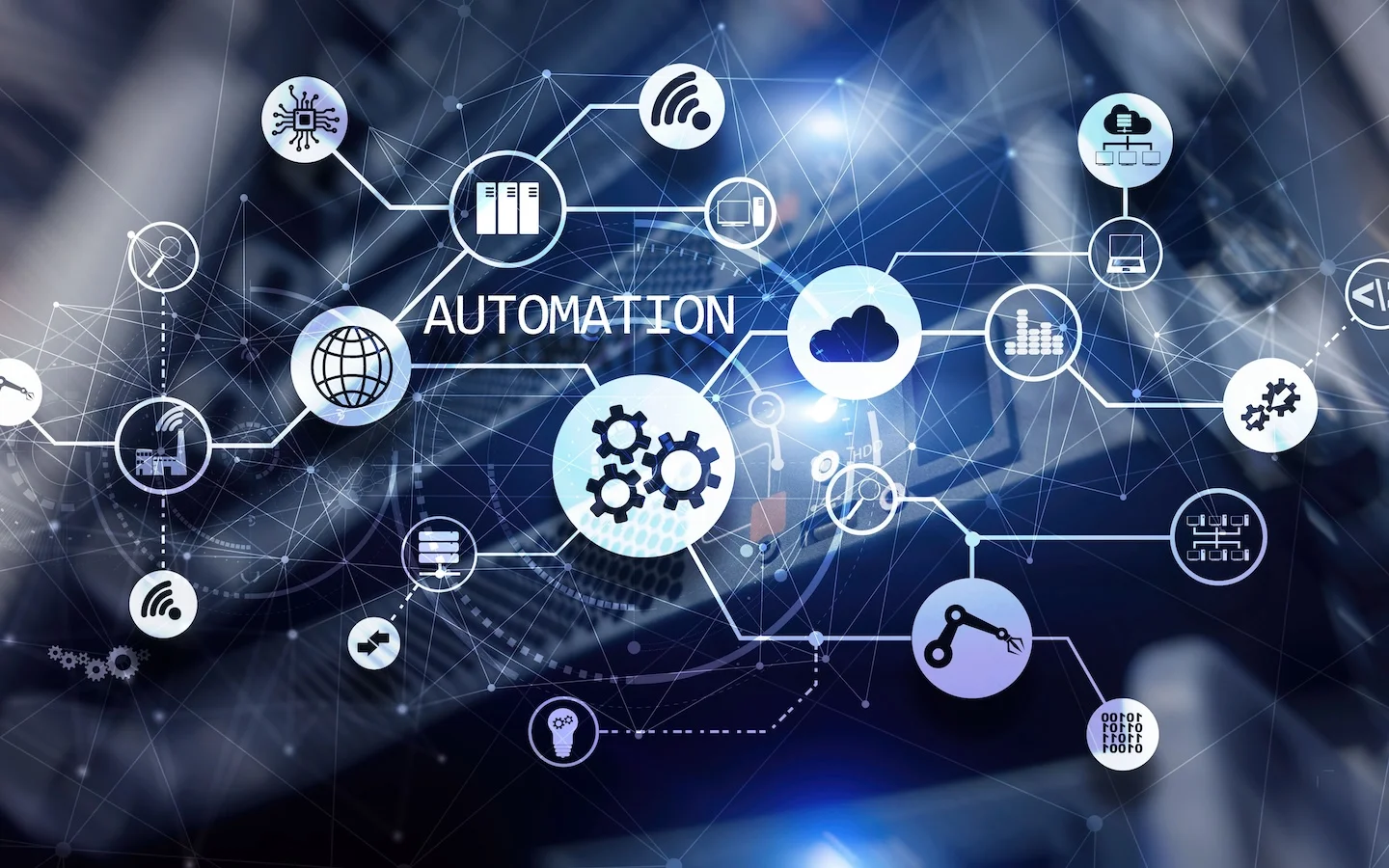Customer engagement is the key to success for any business, as it drives customer loyalty, retention, and revenue. However, engaging customers effectively can be challenging, especially in the digital age, where customers expect fast, convenient, and personalized service across multiple channels.
That’s why many businesses are turning to artificial intelligence (AI) chatbots as a solution to enhance their customer engagement. AI chatbots are software applications that use natural language processing (NLP) and machine learning (ML) to simulate human-like conversations with customers, providing them with information, guidance, and assistance.
But AI chatbots alone are not enough to deliver optimal customer engagement. They need to be integrated with customer relationship management (CRM) systems, which are software platforms that store and manage customer data, such as contact details, purchase history, preferences, and feedback.
By integrating AI chatbots with CRM systems, businesses can leverage the power of both technologies to create seamless, personalized, and efficient customer experiences. In this blog post, we will explore the benefits, applications, and best practices of integrating AI chatbots with CRM systems, and how Nexum Media Group can help you achieve this integration successfully.
Benefits of Integrating AI Chatbots with CRM
Integrating AI chatbots with CRM systems offers several advantages for both businesses and customers, such as:
1.Seamless Communication: AI chatbots integrated with CRM can provide real-time responses and seamless transitions between different communication channels, such as web, mobile, email, and social media. This ensures that customers can reach out to businesses at any time and from any device and receive consistent and coherent service.
2.Personalized Interactions: With access to CRM data, AI chatbots can deliver highly personalized interactions based on customer history and preferences. For example, they can greet customers by name, offer relevant recommendations and offers, and tailor their tone and style to suit the customer’s personality and mood.
3.Improved Efficiency: Integration allows for automated handling of routine inquiries, such as FAQs, booking, and order status, freeing up human agents for more complex issues. This reduces the workload and costs of customer service and improves the response time and quality of service.
4.Enhanced Customer Satisfaction: By providing customers with seamless, personalized, and efficient service, AI chatbots integrated with CRM can increase customer satisfaction, loyalty, retention, and revenue. They can also collect customer feedback and ratings and use them to improve their performance and customer experience.
Applications of Integrated AI Chatbots and CRM
Integrated AI chatbots and CRM systems can be used for various purposes and across different industries, such as:
Lead Qualification: AI chatbots can qualify leads by asking them a series of questions and scoring them based on their responses. They can also capture and update the lead’s contact information and preferences in the CRM system, ensuring that the sales team has accurate and up-to-date data for follow-ups.
Customer Support: AI chatbots can provide customer support by answering common questions, providing solutions, and escalating issues to human agents when needed. They can also access and update the customer’s profile and history in the CRM system, ensuring that the customer service agents have a complete view of the customer’s situation and needs.
Sales Follow-ups: AI chatbots can follow up with customers after a purchase or a service, by sending them confirmation messages, thank-you notes, feedback requests, and cross-selling or upselling offers. They can also track and update the customer’s purchase history and feedback in the CRM system, ensuring that the sales and marketing teams have valuable insights for future campaigns and strategies.
Best Practices for Implementing AI Chatbots with CRM
To implement AI chatbots with CRM systems effectively, businesses should follow some best practices, such as:
Choose compatible chatbot and CRM platforms: Businesses should choose chatbot and CRM platforms that are compatible and can be easily integrated through APIs or built-in connectors. For example, Nexum Media Group offers a chatbot platform that can be integrated into our own CRM and replace popular CRM systems, such as Salesforce, HubSpot, and Zoho more effectively and for a fraction of the cost.
Ensure seamless integration through APIs or built-in connectors: Businesses should ensure that the integration between the chatbot and the CRM system is seamless and secure, and that the data flow between the two systems is smooth and accurate. For example, Nexum Media Group provides a dedicated team of experts who can help businesses with the integration process and ensure that the chatbot and the CRM system work in sync.
Train the chatbot with a comprehensive knowledge base and CRM data: Businesses should train the chatbot with a comprehensive knowledge base that covers the business’s products, services, policies, and FAQs. They should also use the CRM data to train the chatbot on the customer’s profile, history, and preferences, and enable the chatbot to access and update the CRM data as needed. For example, Nexum Media Group offers a chatbot platform that uses advanced NLP and ML algorithms to learn from the knowledge base and the CRM data, and to deliver personalized and relevant responses to customers.
Continuously monitor and optimize the chatbot’s performance: Businesses should continuously monitor and measure the chatbot’s performance, such as the number of conversations, the response time, the customer satisfaction, and the conversion rate. They should also use the feedback and ratings from customers and agents to optimize the chatbot’s performance and customer experience. For example, Nexum Media Group provides a chatbot platform that includes analytics and reporting tools that allow businesses to track and improve the chatbot’s performance and impact.
Future Trends in AI Chatbot and CRM Integration
The future of AI chatbot and CRM integration is promising and exciting, as the AI technology evolves and becomes more sophisticated and accessible. Some of the future trends and developments in AI chatbot and CRM integration are:
•More advanced ML algorithms that can learn from data and feedback and adapt to the changing needs and preferences of customers with more accuracy and speed.
•More immersive and interactive experiences, such as virtual and augmented reality, that can create more realistic and engaging customer interactions and environments.
•More ethical and responsible AI, that can ensure the privacy, security, and transparency of data, and avoid bias, discrimination, and harm.
With the advancement of AI technology, AI chatbots and CRM systems will become even more integrated into the customer engagement strategies and offer more value and benefits to businesses and customers.



